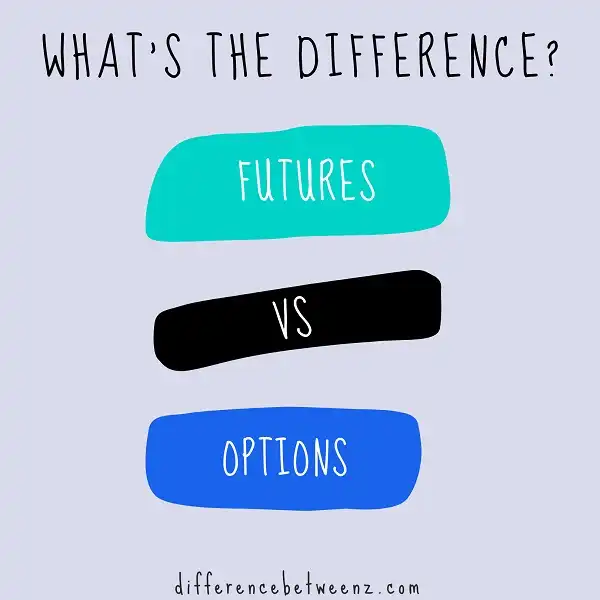Both futures and options are designed to give investors exposure to price movements in a particular security or market. However, they achieve this goal in different ways. With a future, you are agreeing to purchase an underlying asset at a set price on a specific date in the future. This allows you to benefit from any appreciation in the price of the asset between now and then.
What is Futures?
Futures is an asset class that refers to a type of financial contract obligating the buyer to purchase an asset, or the seller to sell an asset, at a predetermined future date and price. Futures contracts are standardized by a futures exchange in terms of quantity, quality, and delivery date. The most common underlying assets include commodities, indexes, currency pairs, and interest rates. Futures can be used for hedging or speculation. Futures prices are determined by the interaction of supply and demand in the marketplace. Futures trading is conducted on futures exchanges around the world. The size of the Futures market is estimated to be in excess of $1 quadrillion.
What are the Options?
Options are a type of investment that gives the holder the right to buy or sell an asset at a set price within a certain time frame. The asset in question can be anything from shares in a company to commodities such as gold or oil. Options can be used to hedge against losses or to speculate on future price movements. For example, if a trader believes that the price of gold is going to fall, they could buy a put option, which would give them the right to sell gold at a set price. If the price of gold does fall, the trader would make a profit, offsetting any losses they might have incurred elsewhere. Similarly, if a trader believes that the price of gold is going to rise, they could buy a call option, which would give them the right to buy gold at a set price. If the price of gold does rise, the trader would make a profit. Options are a versatile investment tool that can be used in many different ways. However, they are also risky, and it is important to understand how they work before trading.
Difference between Futures and Options
Futures contracts and options are both financial instruments that can be used to hedge risks or make speculative bets on the direction of a security or commodity. Futures contracts obligate the buyer to purchase an asset at a set price on a future date, while options provide the holder with the right, but not the obligation, to buy or sell an asset at a set price. Futures contracts are typically used by hedgers, who seek to minimize the price risk of an underlying asset, while options are more often used by speculators, who aim to capitalize on short-term price movements. Futures contracts are also more heavily regulated than options, and they typically trade on organized exchanges, while options can be traded over-the-counter.
Conclusion
Futures and options are two different investment vehicles with unique benefits. In order to make an informed decision about which is right for you, it’s important to understand the key differences between them. Hopefully, this article has helped clear up some of the confusion and give you a better understanding of how each works. At the end of the day, only you can decide which investment is best for your individual needs and goals.


